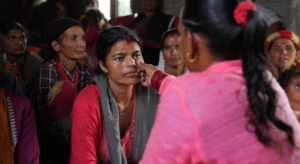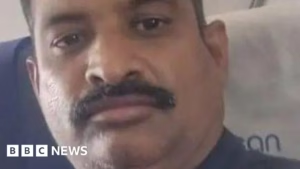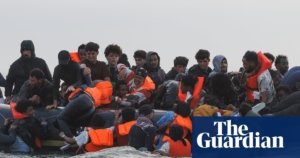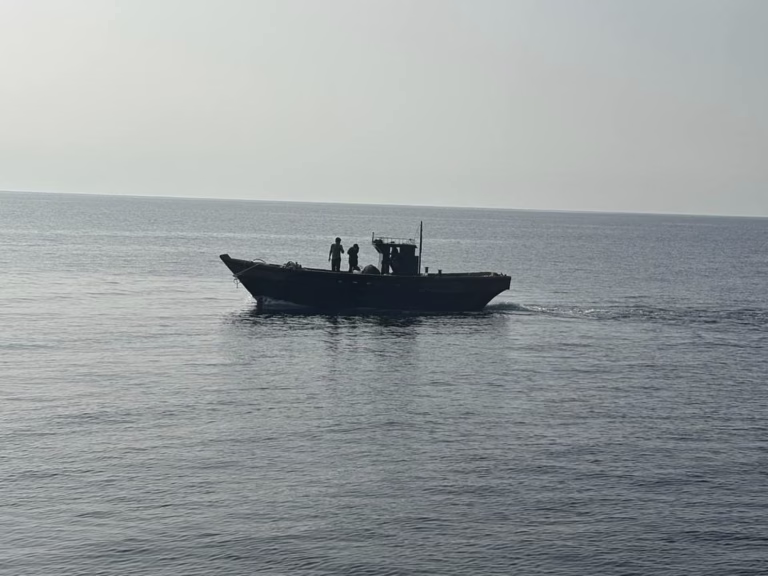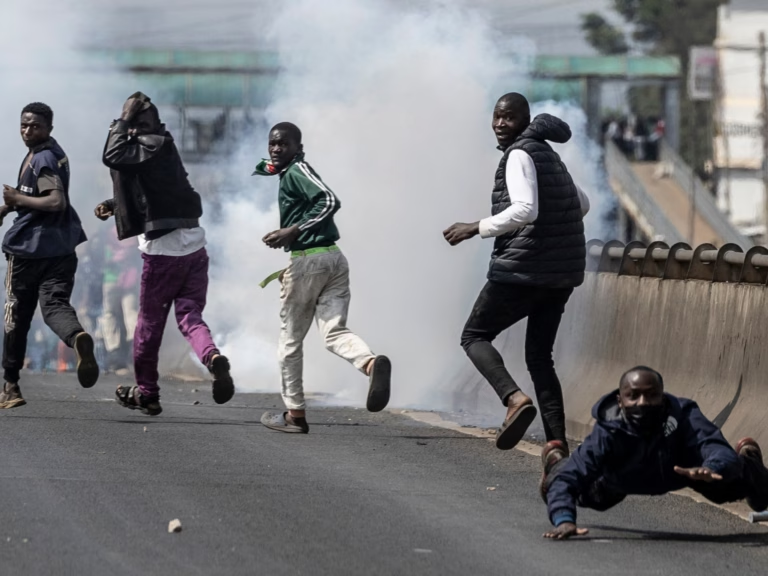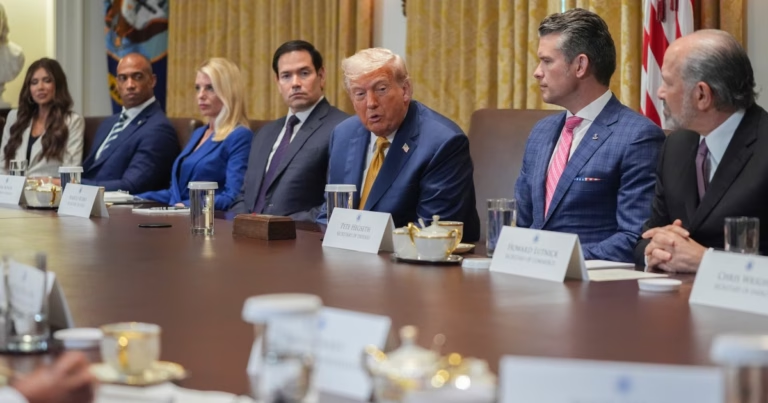After he initiated a bombing campaign against the Houthis – which has so far resulted in at least 53 deaths since Saturday – President Donald Trump declared he would hold Iran accountable for any strikes by the group against shipping in the Red Sea.
Iran and Yemen’s Houthi movement have maintained an alliance, part of a regional “axis of resistance” against Israel and the United States.
Nevertheless, the depth of their relationship remains a subject of disagreement. Some see the Houthis as an Iranian proxy, while others regard them as a group friendly to Iran, but independent.
Iran’s Supreme Leader Ayatollah Ali Khamenei stated that Iran has no need for proxies and that the Houthis act in their own interests.
According to his statements, US President Donald Trump subscribes to the view that the Houthis are proxies.
Washington will perceive “every shot” fired by the Houthis as a shot fired by Iran, which could entail “dire consequences”, he said.
Do Iran and the Houthis operate seamlessly together, or is it more complex than that? Let’s closely examine the relationship:
Who are the Houthis?
Known officially as Ansar Allah (Supporters of God), the Houthis are a political and military movement that originated in the 1990s and gained international attention in 2014 when they seized control of Yemen’s capital, Sanaa.
Following prolonged conflicts with the Yemeni government and other forces, a military alliance led by Saudi Arabia, with support from the US and the United Arab Emirates, among others, intervened against the Houthis.
However, the group continues to hold Sanaa and, if anything, has become stronger over the past decade.
Since the beginning of Israel’s conflict on Gaza, the Houthis have been targeting Israel-related ships traversing the Red Sea, and launching missile and drone strikes on Israel to pressure it into halting its aggression in the besieged enclave.
What military support does Iran give the Houthis?
Tehran has consistently supported the Yemeni armed group but denies directly providing them with advanced weaponry used in recent combat.
The Houthis claim they manufacture their weapons domestically and that as the de facto authority in Sanaa and Yemen’s densely populated northwest, they have commandeered weapon stockpiles left by the government when it relocated south.
The group has aimed to diversify its arms production, manufacturing more weapons at home while still partially relying on imported components.
Israel claims the Houthi projectile that crashed in its territory in July 2024, killing one and injuring others, was an Iranian-design suicide drone.
Houthi officials maintain that they planned and executed the strike independently, without Iranian involvement.
A United Nations panel of experts stated last year that the Houthis received training from Iran and the Lebanese group Hezbollah, and that they lack the capacity to develop and produce complex weapons systems without foreign support.
Western nations, however, contend that Iran has transferred weapons and technologies for ballistic missiles, antiship cruise missiles, and various drones. They also accuse Iran’s Islamic Revolutionary Guard Corps (IRGC) of training and advising Houthi soldiers militarily.
The US claims the Houthis have also attempted to acquire weapons and parts through Chinese companies and sought antiship cruise missiles from Russia amidst the fallout of Moscow’s Ukraine conflict.
How close are Iran and the Houthis diplomatically?
Iranian diplomats frequently host Houthi officials, and Iranian state media portrays the group as a vital member of the Tehran-led axis of resistance.
During Yemen’s civil war, Iran and the Houthis maintained continuous contact, with Iran condemning the coalition’s strikes on Yemen amid what was described as the world’s worst humanitarian crisis.
The Houthis intensified their strikes on the coalition following the 2020 US assassination of Qassem Soleimani, Iran’s top general and a key architect of the axis.
How similar is the ideology of Iran and the Houthis?
The Houthis have adopted geopolitical rhetoric similar to Iran’s, supported the principles of the Islamic Revolution in Iran, and the Iranian political system has significantly influenced them.
Nevertheless, the Houthis differ from the Iranian establishment in various ways.
The Houthis primarily adhere to the Zaidi school of Shia Islam, which, while having similarities, differs from the Twelver Shia Islam practiced in Iran.
The Zaidi tradition has been in Yemen for over a thousand years, and the Houhips see themselves as part of that legacy, viewing themselves as a local movement grown organically rather than a foreign initiative.
The group has also set independently political and military objectives, such as gaining control over a unified Yemen and combating foreign intervention, especially by the US and Israel.
The Houthis have shown a willingness to strike Saudi Arabia and the UAE based on Yemeni grievances, particularly air strikes and blockades that devastated the local population.
At times, they have disregarded Iranian advice, such as when they unilaterally declared a ceasefire and engaged in talks with Saudi Arabia in 2019, when Tehran was reportedly in favor of military resistance.
What happens now?
Washington has signaled its intention to continue bombing Yemen in the coming weeks or months.
So far, the air strikes have killed children, women, and Houthi fighters.
The strikes followed the Houhi threat to resume attacks—halted after the January 19 ceasefire in Gaza—against Israel’s ongoing blockade of humanitarian aid.
Following Israel’s killing of at least 436 Palestinians in Gaza and relentless airstrikes, Houthi leader Abdel-Malik al-Houthi vowed in a televised address to escalate the military response.
The Houthis have claimed multiple missile and drone strikes against US aircraft carrier the Harry S Truman and its escorting warships.
They announced a missile launch aimed at Israel’s Ben Gurion International Airport, which the Israeli military said was intercepted.
As for Iran, it has warned of an all-out regional war should it be attacked.
Iran’s mission to the UN also sent a letter this week to the Security Council to condemn “reckless and provocative” statements by Trump.
Hardline elements in Tehran are increasingly calling for the development of a nuclear bomb if the Iranian state’s existence is threatened.
